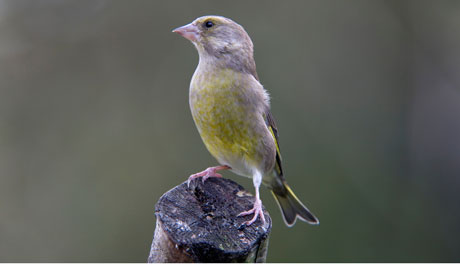
Keats and Shelley certainly knew the power of birdsong, as in their respective odes to a nightingale and skylark. Now medical science has woken up to the therapeutic powers of the dawn chorus. An art project at Liverpool's Alder Hey hospital, using recordings made by children, is being used to calm young patients as they receive injections and other treatments.
The project is the brainchild of Chris Watson. Calling Chris a sound recordist is a bit like saying George Best could kick a ball about, or Michelangelo was handy with a paintbrush. This former stalwart of 80s prog-rock combo Cabaret Voltaire is famous for putting microphones where our ears cannot go: inside a glacier, under the waves, and inside a zebra carcass being eaten by vultures.
His passion for birdsong is shared by more people than we might think. Two years ago, when digital radio station Oneword closed down, the frequency was kept open by the playing of birdsong. This was far more popular than the radio station it replaced, attracting hordes of listeners.
Birdsong also played a part in the early history of the BBC. In spring 1924, the cellist Beatrice Harrison performed a duet with a nightingale, broadcast live on the newly formed radio service. The event was so popular it was repeated every year until 1942, when British aircraft appeared in the background.
As to why we love hearing birds sing, American biologist EO Wilson coined the term "biophilia" for our deep human need to connect with nature. Ironically, of course, birdsong has a quite different biological origin, with two purposes: to drive away rival males, and to attract females. Or as performance poet AF Harrold so succinctly put it: "Fuck off – or fuck me."
• Stephen Moss's latest series, Birds Britannia, will be broadcast on BBC4 this autumn.

